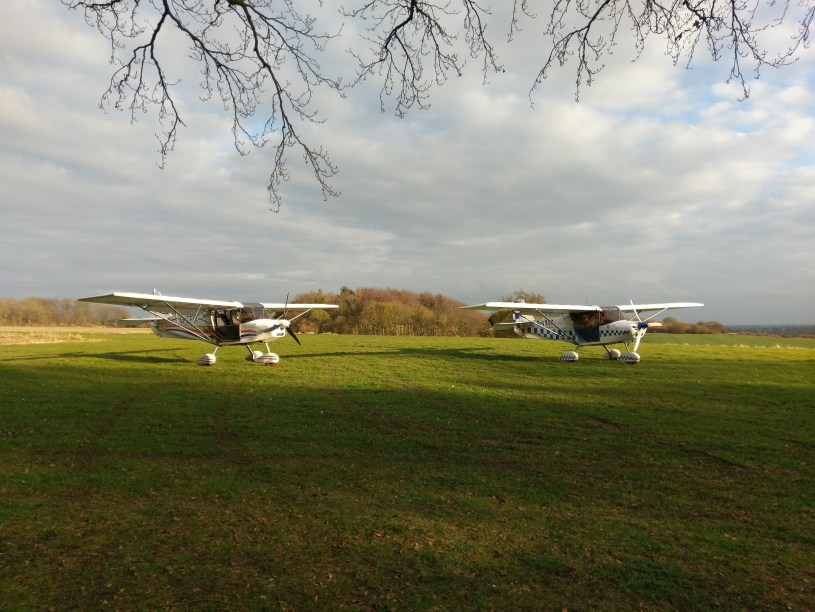What does any pilot read every day? Apparently, the answer would almost certainly be, AFORS, or Aircraft for Sale, irrespective of whether they own a plane already. No wonder then that there are so many syndicates, but what should you be looking for when you choose one?
I was lucky enough to learn in my part-owned plane, which added many hours onto that learning curve, but in the end, it paid off. Not every newly minted pilot is that fortunate, so I did some research into what your options are.
First, it’s worth thinking about whether you want to buy into your airfield’s club plane. This doesn’t make you an aircraft owner, but on the up-side, you also don’t have to worry about any of the bills. Despite the size of the group, it’s seldom that you don’t get to fly when you want to. ‘I have only very rarely had to turn down someone’s request to fly,’ says Greg Burns, whose Two Two Fly club consists of four aircraft between two airfields. ‘People so often spend a fortune on getting their licence, and then they baulk at investing in continuing to fly, and they lose all that momentum.’ It is worth registering though, that you won’t be able to learn in a plane in which you are a non-equity shareholder, so you couldn’t, for example, clock up your solo hours in it.
I asked fellow pilot Dan, who is part of a very successful syndicate, what he thought most important when choosing a group. Surprisingly, his answer was, quite simply, trust. “You have to have a lot of trust in how the others fly the plane and look after it.
“You draw up an agreement on how you will handle issues – what your share is, what you’ll do if one wants to sell up, how to pay for big bills like an engine overhaul, if you can take the plane away for touring and what happens if there is a problem and you’re far from home.
“You need to budget for your insurance, your hangarage, your permit and maintenance. For us that’s £100 a month each. All the big banks do accounts for clubs. If one of you can’t do the odd fixing, you will pay more for it, and the plane will be out of action while you wait for it to be repaired, so it’s a good idea if someone is handy with the little things that keep needing attention.
“Most syndicates either pay for the plane wet or dry, that is, with fuel or not. We pay £30 an hour for the plane wet. We all have a debit card and purchase any fuel on that. We have a Whatsapp group to talk to each other, and book the plane out on a Google calendar.
“The booking sorts itself out. You couldn’t have too many keen pilots, or you would have clashes. Or perhaps they could fly together – one fly there, the other back. You must remember you don’t own the plane and be quite flexible about it. There is a give and take and you can’t let others wind you up. It helps if some of you are free in the week, and others at the weekend.
“One of you needs to keep on top of maintenance and you also need a finance guy, who keeps track of the funds and the logbook.
“The affordability and fun factor of flying microlights far outweigh anything else. That’s the beauty of a syndicate. You get all the fun of flying at a very reasonable cost.”
